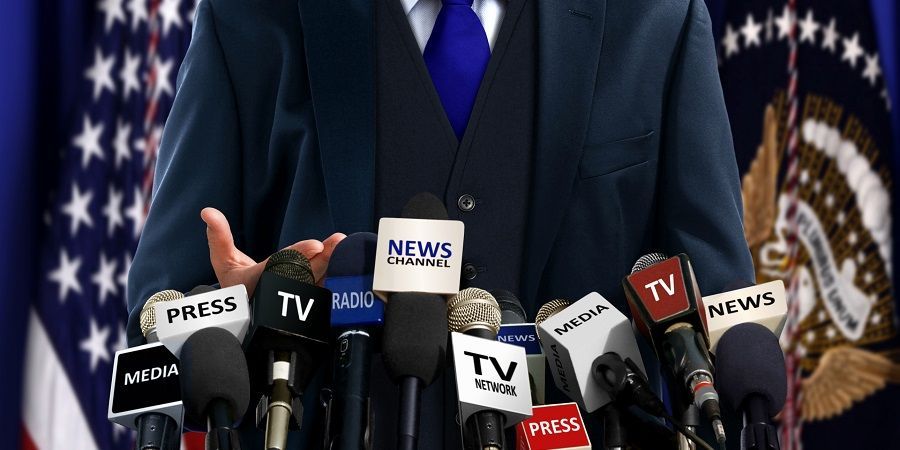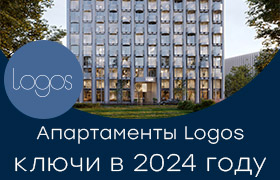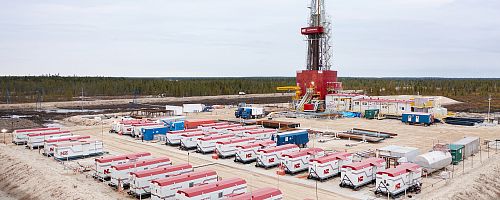Russia takes heat over energy supply
The European Union's commissioner in charge of energy policy has called on Russia to open its gas production facilities and pipelines to foreign investors, saying there was an urgent need for major capital investments to expand production and guarant.

"We really do need an international framework to deal with energy security issues," the commissioner, Andris Piebalgs, said in an interview in Berlin. "It is only when Russia establishes clear conditions for investment that we can speak about energy security."
The recommendation by the Latvian-born Piebalgs was made as President Vladimir Putin refused to signal a willingness to open the sector during a weekend meeting in Moscow of finance ministers of the Group of 8 group of industrialized countries.
The final communiqué of the G-8 meeting said, "Market mechanisms are vital to the effective functioning of the global energy system." But the communiqué left out any mention of Russia ratifying a 1991 energy charter that would make it easier for gas to be transported across the former Soviet Union and Europe.
Piebalgs's concerns were heightened by the recent dispute between Gazprom, Russia's giant state-owned energy monopoly, and Ukraine, Georgia and Moldova over gas prices and transit costs. Russia briefly suspended gas supplies to Ukraine.
Piebalgs also said that Russia's coldest winter in many years showed how Gazprom might not be able to deal with the expected increase in demand for energy by the EU's 25 countries over the coming 15 years if it did not open up the sector to some degree of liberalization.
Instead of investing to modernize the sector, improve extraction and upgrading its own pipeline network, Piebalgs said, Russia was adopting the short-term solution of buying into transit pipelines for deliveries from Central Asia.
"Russia is being supplied by resources in Central Asia," Piebalgs said. "But any long-term or medium-term stability for security of energy supplies depends on the level of investments in Russia. Only then can we say there would be a good level of investment and the market would be well supplied. At this stage, we are not convinced that the necessary investments will have been made by the time the consumption in Europe grows."
The EU bloc of 25 countries relies on Russia for over a quarter of its energy needs, with individual countries like Germany importing over a third of their gas from Russia while several of the new member states from Eastern Europe are completely dependent on Gazprom. Gazprom sells a third of its gas to Europe, accounting for nearly 70 percent of the company's revenue. The remaining 70 percent is sold to Russian households and industrial consumers at highly subsidized prices.
"Russia is sitting on one of the world's largest reserves of gas," said Piebalgs.
"If a foreign company is to invest and produce gas, it would like to sell it," he said. "As long as there is no access to the pipeline, why should anyone be interested in investing? The main lesson is that Russia is an important partner. But to remain so, there should be clarity about conditions for investment, for getting at the gas."
A few foreign companies, including Wintershall of Germany, have established joint ventures with Gazprom. But even if Wintershall could sell its gas to the Russian market, it would have to be at the much lower domestic prices.
Piebalgs said earlier talks with Russian officials had shown that the Kremlin was in no hurry to open up the sector, despite criticism by several European countries over the crisis with Ukraine and the decline in energy supplies to Europe over the past month.
"They don't feel in a hurry," he said. "We will see how their thinking will evolve after what happened at the beginning of this year."
The restrictions on foreign investors have led several EU countries to consider diversifying their energy imports. Piebalgs said that several European energy companies have opened talks with Qatar, Angola and Nigeria as part of a long-term strategy to buy liquefied natural gas that would be delivered by ship to several European terminals.
"Liquefied natural gas would give us more flexibility," said Piebalgs. "Qatar will be a big player and intends to ship the gas. There is Nigeria and Angola. It could completely change the situation. It could be done."
Piebalgs said the recent crisis with Ukraine and Georgia had not only exposed inherent weaknesses in the Russian energy sector but also a lack of coordination by EU member states over access to storage facilities in the event of a shortfall of energy imports from Russia.













